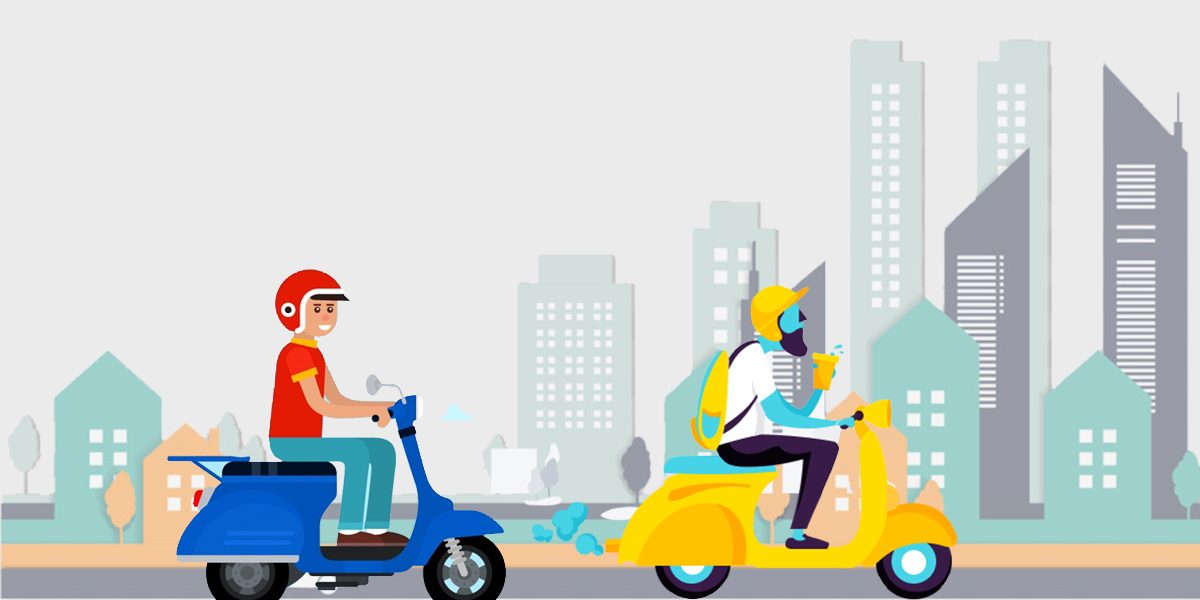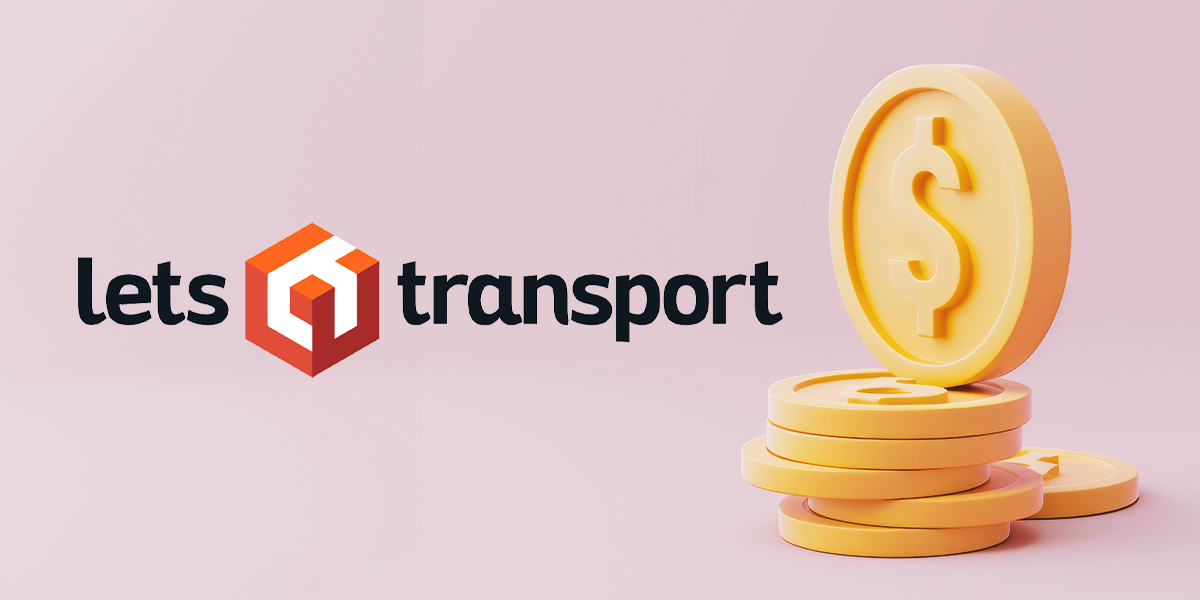Scooter-sharing startups may have chalked up plans to scale up, but they have to get past the infrastructural constraints of the Indian cities to make a success of their venture.
On-demand scooter sharing, which has emerged as an alternate for last-mile mobility in metro cities will have to work around the limits of the city regulatory framework. Startups such as Vogo, Bounce and Drivezy may have ambitious expansion plans but they will also have to take care of not congesting the Indian roads further.
According to a report in ET, Vogo and Bounce together plan to roll out between 60,000 and 100,000 bikes in Bengaluru over the next 12 months, but that would mean stretching the city infrastructure.
A critical aspect of this business is easy availability of bikes that will tempt customers to use the services, says Varun Agni, co-founder of Bounce. He says it takes a minimum of 30,000 bikes to even make a dent in the market such as Bengaluru.
This already has town planners worried. There should be a cap on supply of such vehicles, said a city planner. At present any operator with more than five bikes can register under ‘Rent a Motorcycle Scheme, 1997’. Bike-sharing platforms may play a key role in ensuring last mile mobility, but they also demand better infrastructure in terms of parking spaces, wider roads and, in case of e-scooters, charging stations.
A revised regulatory framework is therefore need of the hour, say industry watchers. The existing rules do not address the use of such vehicles for point-to-point commuting, but with the rising popularity of the rent-a-bike concept, these issues need to be addressed urgently.
City authorities, too, acknowledge the value of services offered by these startups. Infact, New Delhi Municipal Corporation (NDMC) itself plans to extend the rental concept to e-scooters for last mile connectivity. The project will be implemented in two phases in NDMC’s jurisdiction. In the first phase, 500 e-scooters will be procured and provided on rent at 50 stations while the remaining 500 will be made available in the second phase by December 2019.
A unified transportation infrastructure is currently being worked upon by the Directorate of Urban Land Transport but this could take years. Till that happens, startups in the space will have to additionally invest in parking bays at various locations of the cities they are operating in.
Alternatively, in some municipal corporations, scooter-rental companies can use pay and park facilities.
But the real concerns about burdening the existing infrastructure would be raised when more such vehicles hit the roads and begin to clog the traffic movement.














